
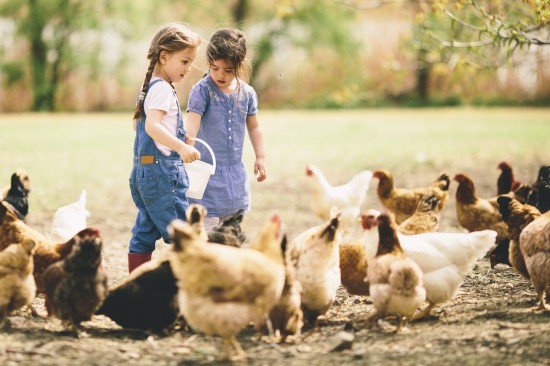
Chickens are great fun to have around, they spend most of the day scratching around in the dirt in search of tasty things to eat and if the truth be known, they will eat just about everything they come across. However, just because they can find food for themselves, it's still very important to feed them with specially formulated poultry food whether it's mixed corn or layers mash and pellets because these supply your birds with much needed vitamins, minerals and the nutrients they need to stay healthy.
As previously mentioned, chickens just love scratching around in the dirt so if you are feeding your birds mixed corn, consider scattering a few handfuls around so they have to find it rather than fill up feed bowls. It is much better to encourage your hens to forage for their food with the added advantage being that dominant birds don't get the chance to chase less dominant chickens away from the grain which is something that often happens within a flock.
Specially formulated poultry pellets are made up of all the nutrients your birds need to stay healthy and this includes ingredients like natural egg yolk and grit which is an essential to feed to chickens. Poultry don't have teeth so they need the grit to break up the food they eat which they do in their gizzards.
There are different kinds of grit, some of which contain tiny bits of oyster shell which supplies your birds with much needed calcium for bone strength and nice solid egg shells. If you ever notice your hens are laying eggs with soft shells, you need to buy them some oyster shell grit which will provide the calcium they need to harden these up and this in turn reduces the risk of an egg breaking inside the hen before she lays it which could lead to all sorts of health issues.
If you use poultry feeders, you need to make sure no old, mouldy or stale seed is left in them before topping them up with new grain. Any mouldy or damp grain should be thrown away because if your birds ingest the mould, it could make them very sick.
The same can be said of drinkers which need to be regularly cleaned out to prevent any green algae from forming which again, can be quite toxic to chickens making them very ill and indeed could prove fatal.
Chickens love anything tasty but if they have never eaten something before, they will taste it first to see if they like it. If they do, they soon devour any scraps and leftovers you might throw their way with a lot of gusto! However, if they don't like the taste of something, they will just walk by it in search of something they do like to eat.
It's important to feed very young stock the right type of food so they get all the vitamins, minerals and nutrients they need to make them strong. Young chicks need to be fed chick crumbs some of which contain a small amount of antibiotics whereas others do not, but when the chicks get a little older, at around 20 weeks, they need to be fed growers pellets. When hens reach point of lay, they should be fed on layers pellets or mash.
It's always a good idea to feed a nice varied diet to your chickens and this includes lots of human foods which you might normally throw away if you did not keep hens. Fortunately, the majority of "people" food is safe to give to chickens and they will soon let you know when they are not keen on anything. They are particularly fond of fresh fruit and certain vegetables – which includes the peel. They also love bread, rice pasta and lots of other cooked goodies.
Things to avoid feeding your chickens includes the following:
It's really important to store chicken food correctly in a nice dry environment so that it doesn't get damp which could encourage mould to grow. You also need to make sure no rodents can get at the feed which means investing in metal feed bins which is a very wise move. The design should have tightly fitting lids or if you have an old chest freezer that no longer works, this makes an ideal feed bin that will keep the chicken feed dry and the rodents out.
Chickens are easy to keep because as long as you have enough space for them to forage around, they are relatively low maintenance. However, this does not mean you don't have to provide specially formulated poultry feed to your birds, because it provides all the needed minerals, vitamins and nutrients they need to stay happy and healthy. One of the good things about keeping chickens is that you never have that much food to throw away because most of your leftovers can be safely fed to your chickens which they really enjoy and it adds variety to their diet!
 Fun Outdoor Activities To Do With Your Dog
Fun Outdoor Activ
Fun Outdoor Activities To Do With Your Dog
Fun Outdoor Activ
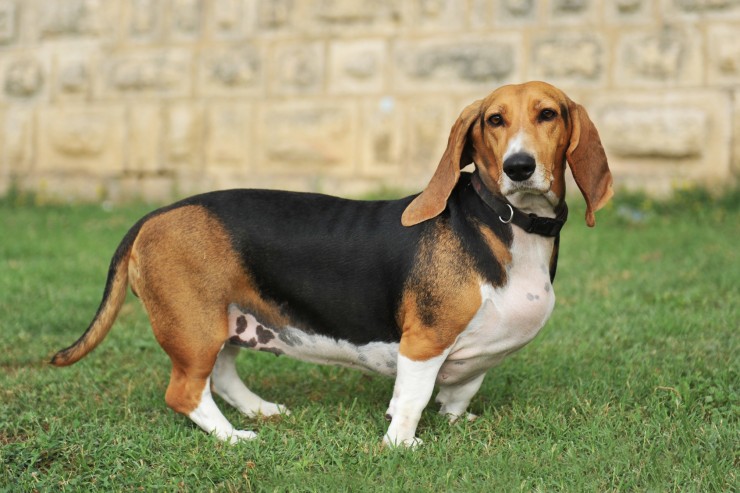 Five Of The Most Common Chronic Health Problems Seen In Dogs
Five Of The Most
Five Of The Most Common Chronic Health Problems Seen In Dogs
Five Of The Most
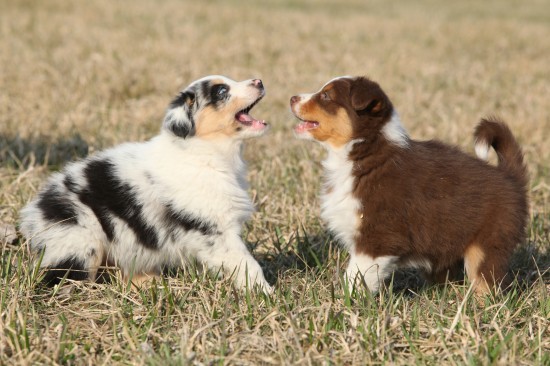 4 Reasons Why Socialising A Dog Is Great For Their Health
4 Reasons Why Soc
4 Reasons Why Socialising A Dog Is Great For Their Health
4 Reasons Why Soc
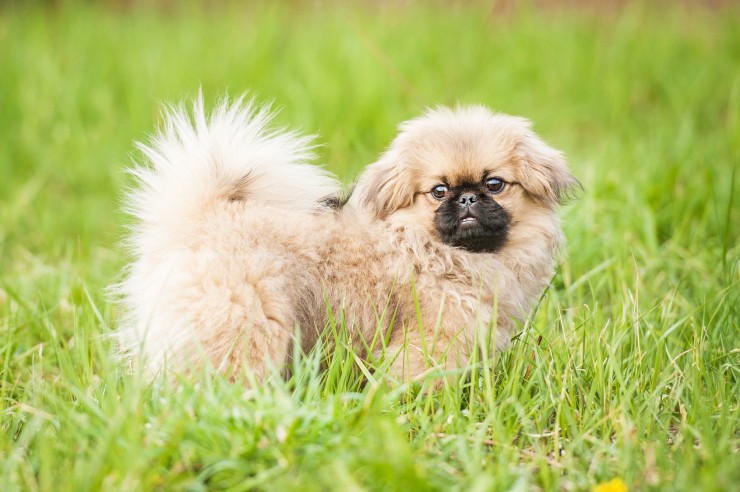 Supplies That The Owner Of A Diabetic Dog Should Keep To Hand
Supplies That The
Supplies That The Owner Of A Diabetic Dog Should Keep To Hand
Supplies That The
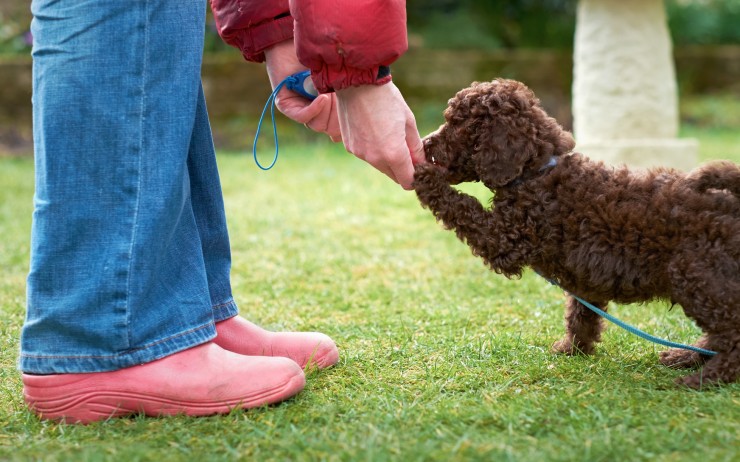 Five More Dog Training And Handling Mistakes To Avoid
Five More Dog Tra
Five More Dog Training And Handling Mistakes To Avoid
Five More Dog Tra
Copyright © 2005-2016 Pet Information All Rights Reserved
Contact us: www162date@outlook.com